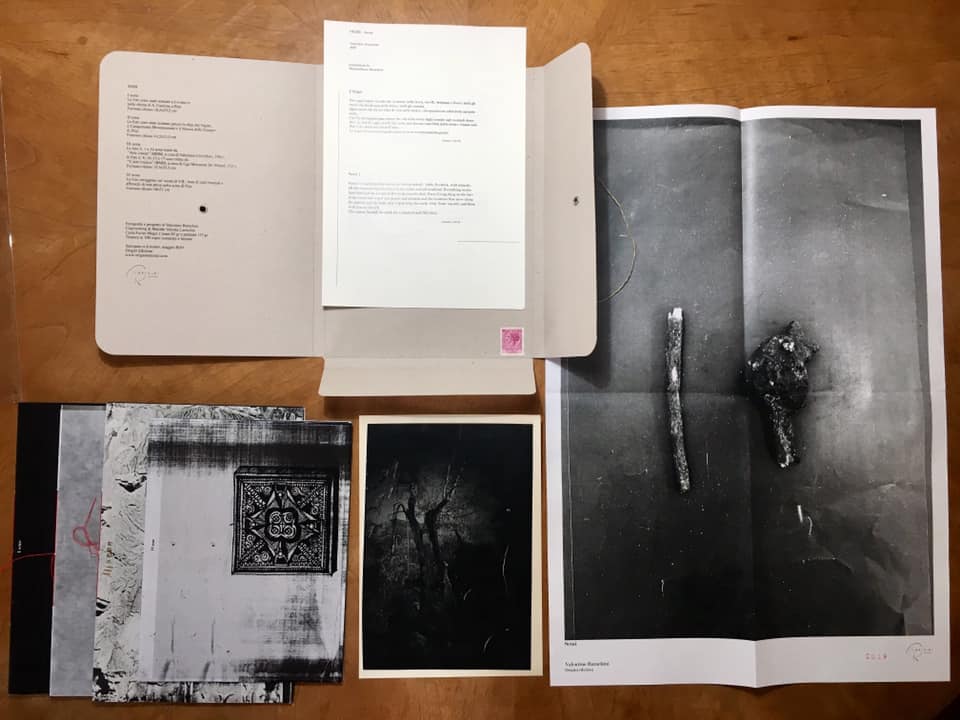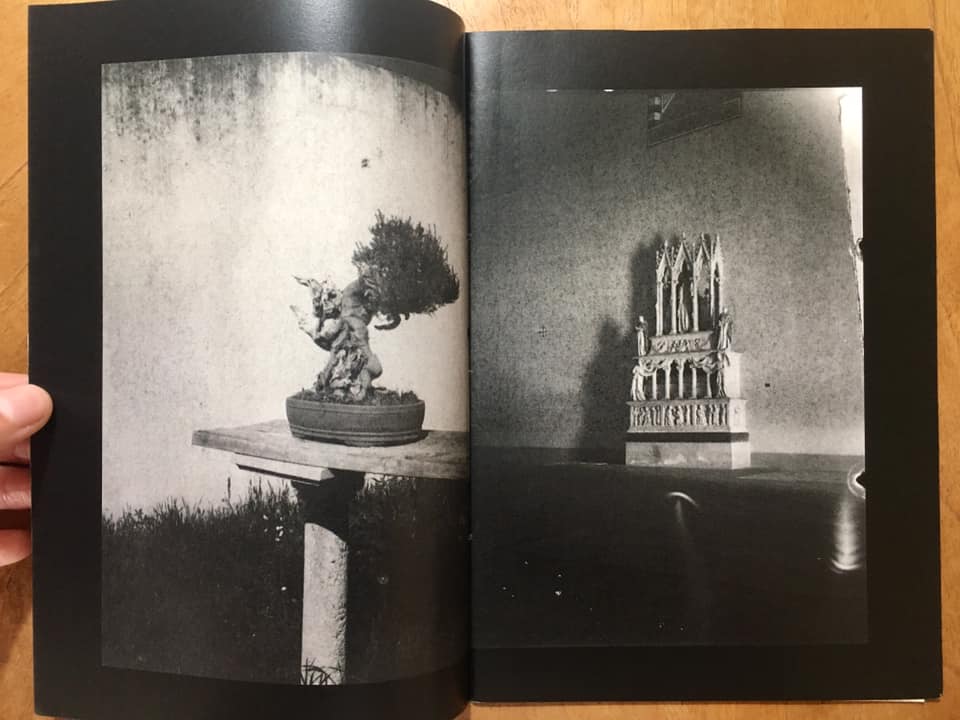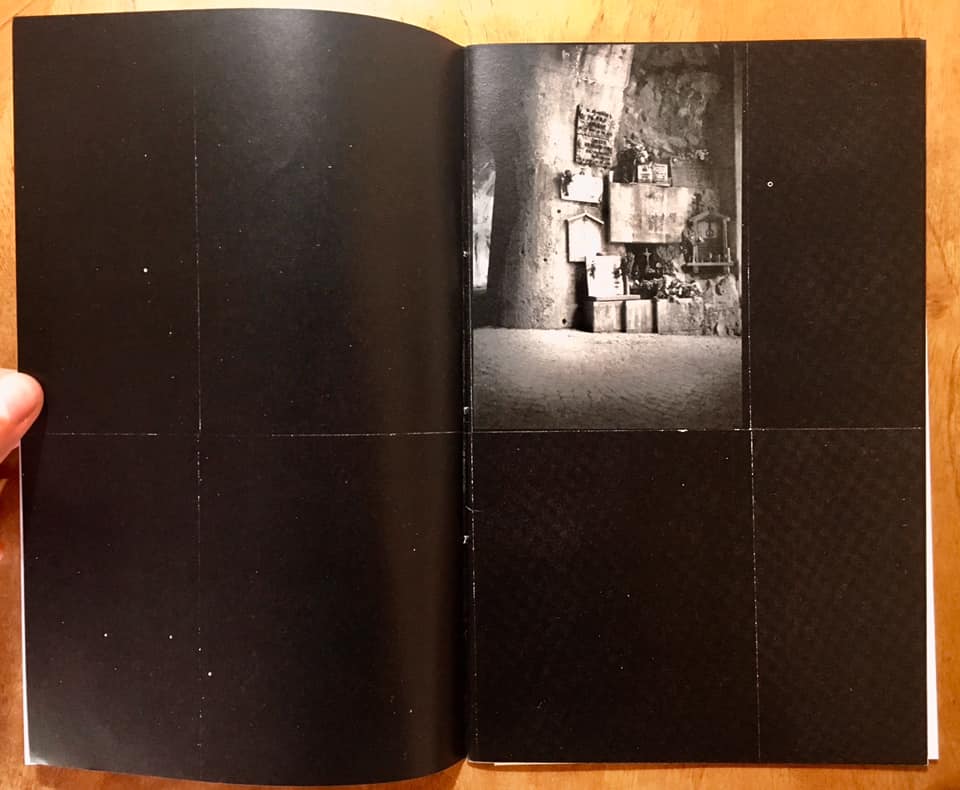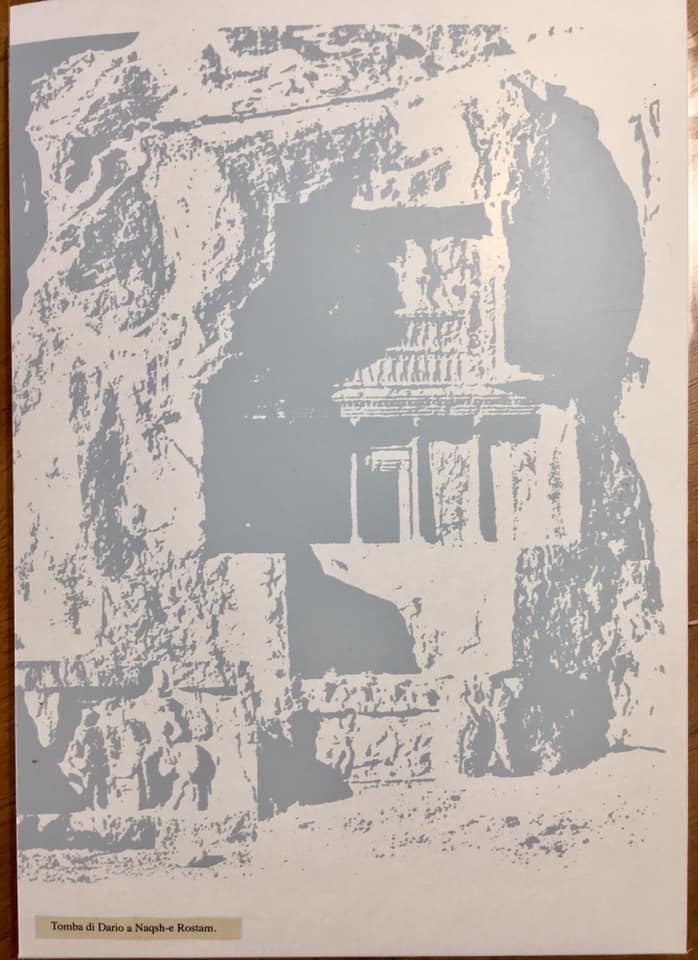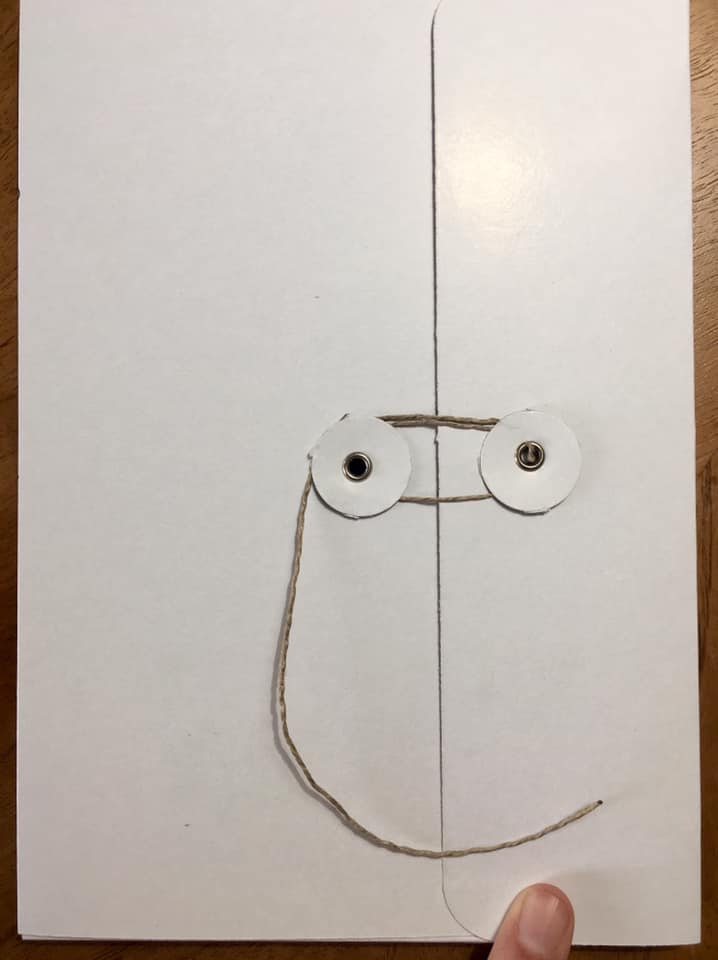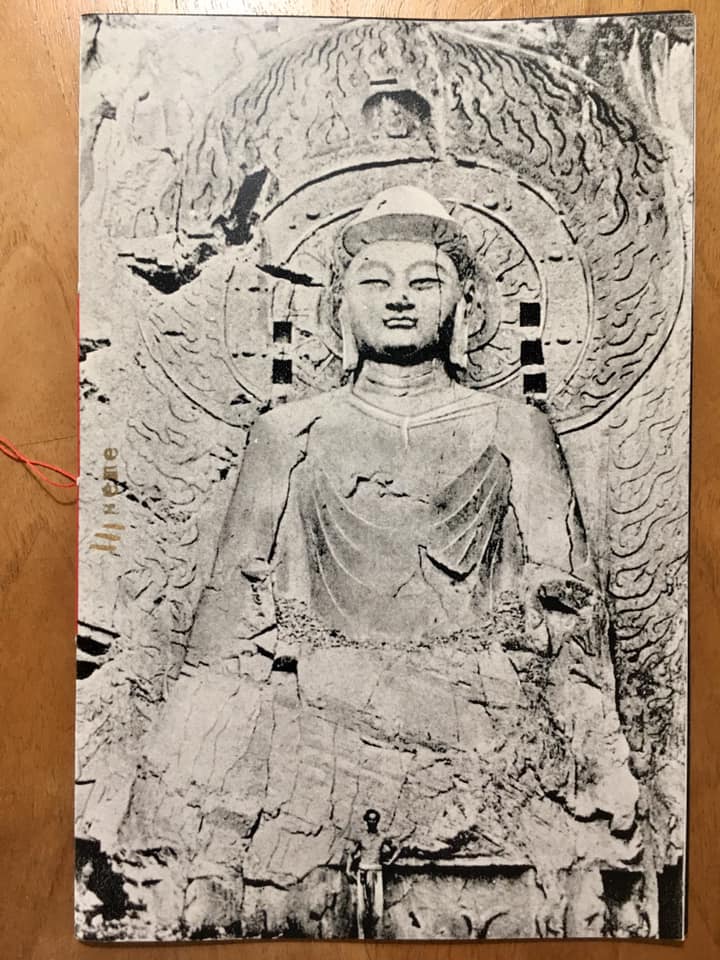Origini edizioni, publisher
Valentino Barachini, SEMI, photobook published by Origini edizioni, 2019
Origini edizioni is focused on photography, poetry/literature and painting. Each book from Origini is an organic work: every element has a reason to exist in its own ecosystem. They consider their works like living organisms: each is made of organs, tissues, memories, bits of emotions, members and this complexity is the character of the object-organism, as a person. They are not afraid that the encounter of their objects-organisms and their complex ecosystem can cause some fractures in time of fruition: they looked for these fractures, since they need that the leafing through be not too fluid, not too immediate, but deep and suffered. In poetical terms, that would be called a caesura. They try to give multiple choices of reading, new possibilities and breathing rhythms, also.
SEMI is a small folder full of “seeds”: four photobooklets as four seeds that represent paths to suggestions. This work has a vague echo from aesthetic contribution of Atlas Mnemosyne by Aby Warburg: atavistic and obscure. Each picture and its combinations – instinctive or thoughtful- may suggest a concept, an event or a poetic way to read the history of mankind. Every seeds rests in the folder: ready to born and give life to roots or ready to dry out and get lost. Photos by Valentino Barachini. Closed book dimensions: 17×24 cm 100 copies numbered and signed. Each folder has a serigraphy in light grey on the back cover. Languages: Italian and English. English translations by Massimiliano Barachini.
Could you identify some constants in your work?
We try to create mythologies with personal symbols, using memories and declinating texts into images.
How did you find out about Aby Warburg’s work?
We found out Aby Warburg’s thanks to an exhibition on the sculptor Adolfo Wildt in Forlí in 2015. His work was combined with Warburg’s Atlas Mnemosyne. We are interested in the way Warburg creates references and analogies between images by awakening unexpected and underground links.
How would you define an Atlas?
It would be like an encyclopedia by images, where to find orientation and suggestions.
Atlas as a conceptual, formal and mnemonic device; do you use it in your work? And if so, how?
In each work of ours we tried to repeat a kind of Warburg’s method: underground canals that link the images together. The same we do using texts inside books: suggestions able to create collateral paths.
Are there visual and emotional formulas (pathosformeln) in your project?
Each of our symbol in Semi is a pathosformeln: burned trees, churches, bonsai, Holy Icons, classical and neoclassical sculpture… They are something as eternal, symbols, who turn and return as visual and emotional formulas through Semi.
In your work, what is the balance between image and text?
Texts contribute to create an experience of reading not only horizontal, but also vertical, since every chosen image or text is strong enough to live by itself, in an evocative sense. When read together with others, they tell a story, a narrative. But each reader can find his own path of sense and personal symbols.
Thinking about Warburg’s ‘good neighborhood rule’, what are the books that underpin your project?
Wildt. L’anima e le forme, Paola Mola
Le parole e le cose, Michel Foucault
Poesie e racconti, Dylan Thomas
Diari segreti, Wittgenstein
La voce di un monumento nel travertino massano, Sac. Curzio Breschi
La pittura romanica, Juan Ainaud – André Held
Francis Bacon. Logica della sensazione, Gilles Deleuze
Music
Skeleton Tree, Nick Cave & The Bad Seeds
White Lunar, Nick Cave & Warren Ellis
Origini edizioni is a very small scale italian publishing house. They plan, produce and make limited editions of artist photo books. Their first book was born in 2012. Their main feature is the mix of photo and poetry, on the “red thread” of going back to the origins. Their books are handcrafted finished, sometimes using waste materials and old paper.
